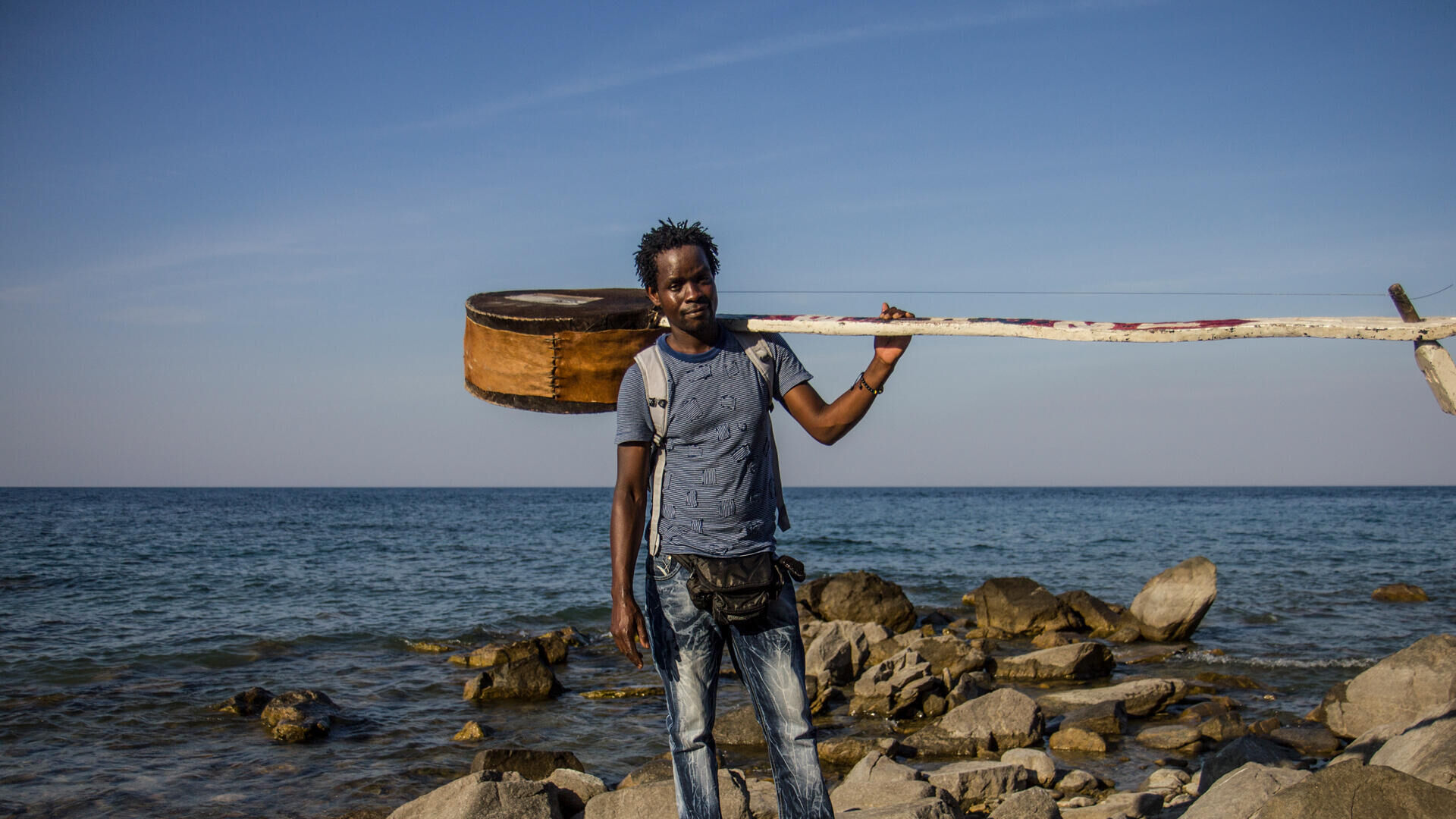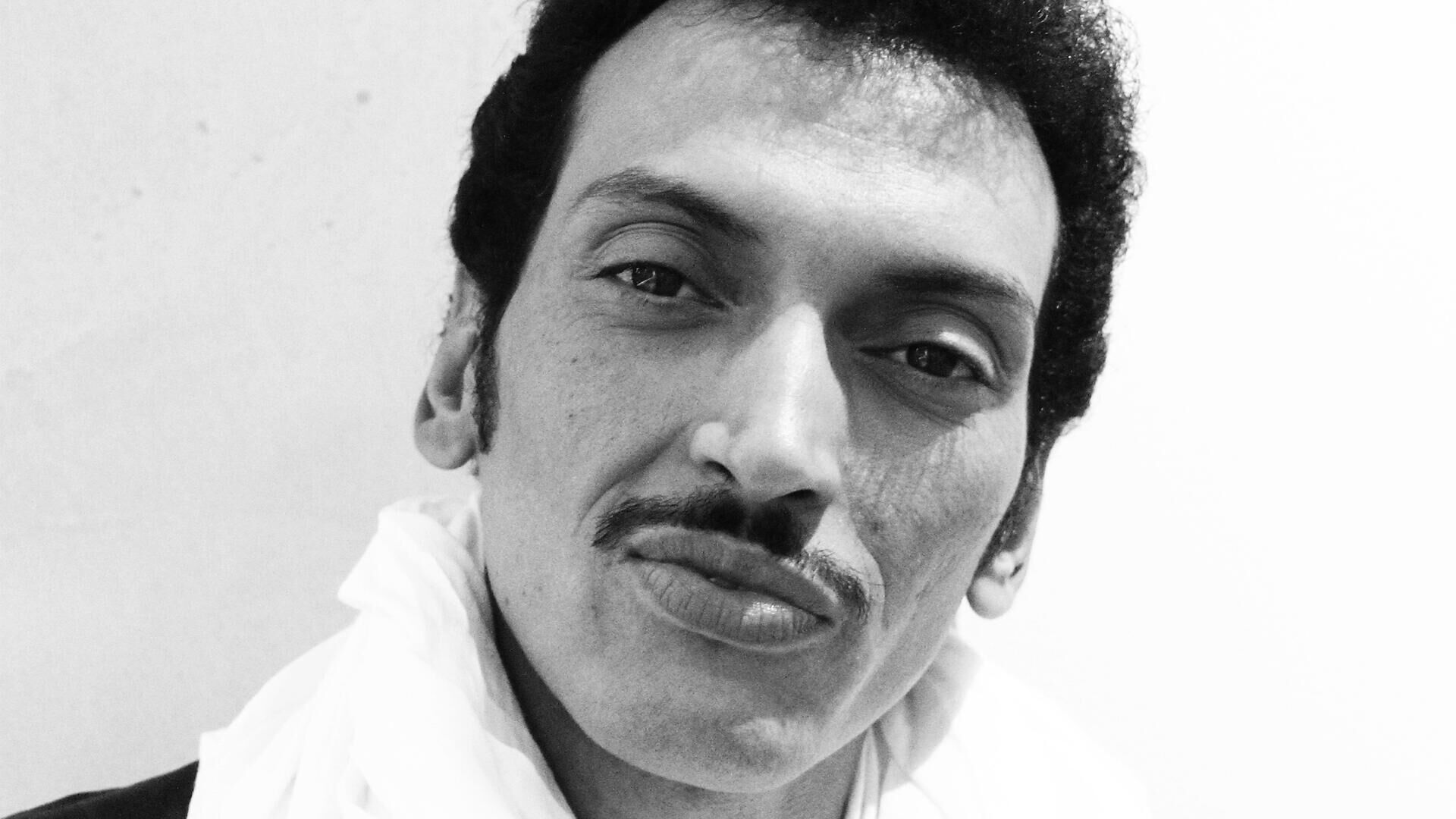
The guitar has an ancient tradition in Africa. Vieux Farka Touré, Bombino, Gasper Nali, and Sonah Jobarteh showcase the African approach to the string instrument at the BRIDGE Guitar Festival and BRIDGE Around Town. Conservatory teacher Bas Gaakeer is captivated by (North) West African and Arabic guitar music. In this edition of GUNS ABOUT GUITARS, he explains how the instrument is played in those regions.
Bas Gaakeer immediately clarifies one thing. There isn't really such a thing as "the" African guitar music. "It's such a gigantic continent with an enormously rich music and guitar tradition that you can't say there's one African style. This misunderstanding often exists about Africa, seeing it as one place. But it can't get more diverse than Africa. From world cities to jungles, deserts, forests, and mountains. You can also hear this variety in the music cultures."
Another clear insight from Bas about this music tradition is worth sharing. As a teacher at the Amsterdam Conservatory, Bas occasionally receives students who want to learn more about the style of African guitar music he has immersed himself in. "Then I immediately say that you actually have to go there if you want to learn to play like that. It doesn't work to teach it from here. In North Africa, this music is not taught at a music school or conservatory either. I have completely immersed myself in it, and I play this music with a lot of respect, love, and care. But I would never say that I can teach it to someone. It's really a tradition that is passed down within families and communities."
It is mainly the sounds of guitar music as created by the Tuareg people in the desert that Bas has become addicted to. That started during his own studies at the conservatory where he studied classical guitar. Through music education projects, he came into contact with music in the Middle East. "That's why I ended up in the Arab world first, where I often worked and played. I fell in love with the music culture there. Later, in Morocco, which is a kind of meeting place between Africa and the Arab world, I came into contact with Sahara rock."
This style has also gained popularity in Europe. According to Bas, this is mainly due to greats like Ali Farka Touré (whose son Vieux plays at BRIDGE) and more recently Bombino (you can see him on Sunday, June 2, at Wilhelminaplein). It is primarily the rhythm and groove that, according to Bas, are so characteristic of their style. "It's music that can put you in a kind of trance, often induced in Africa by extremely strong tea. This requires a kind of repetitive rhythm that drags you into a hypnosis. It is music that is often created from a kind of drone approach."
TICKETS VIEUX FARKA TOURÉ